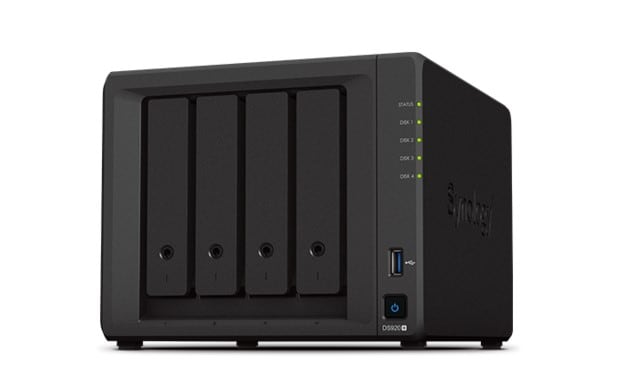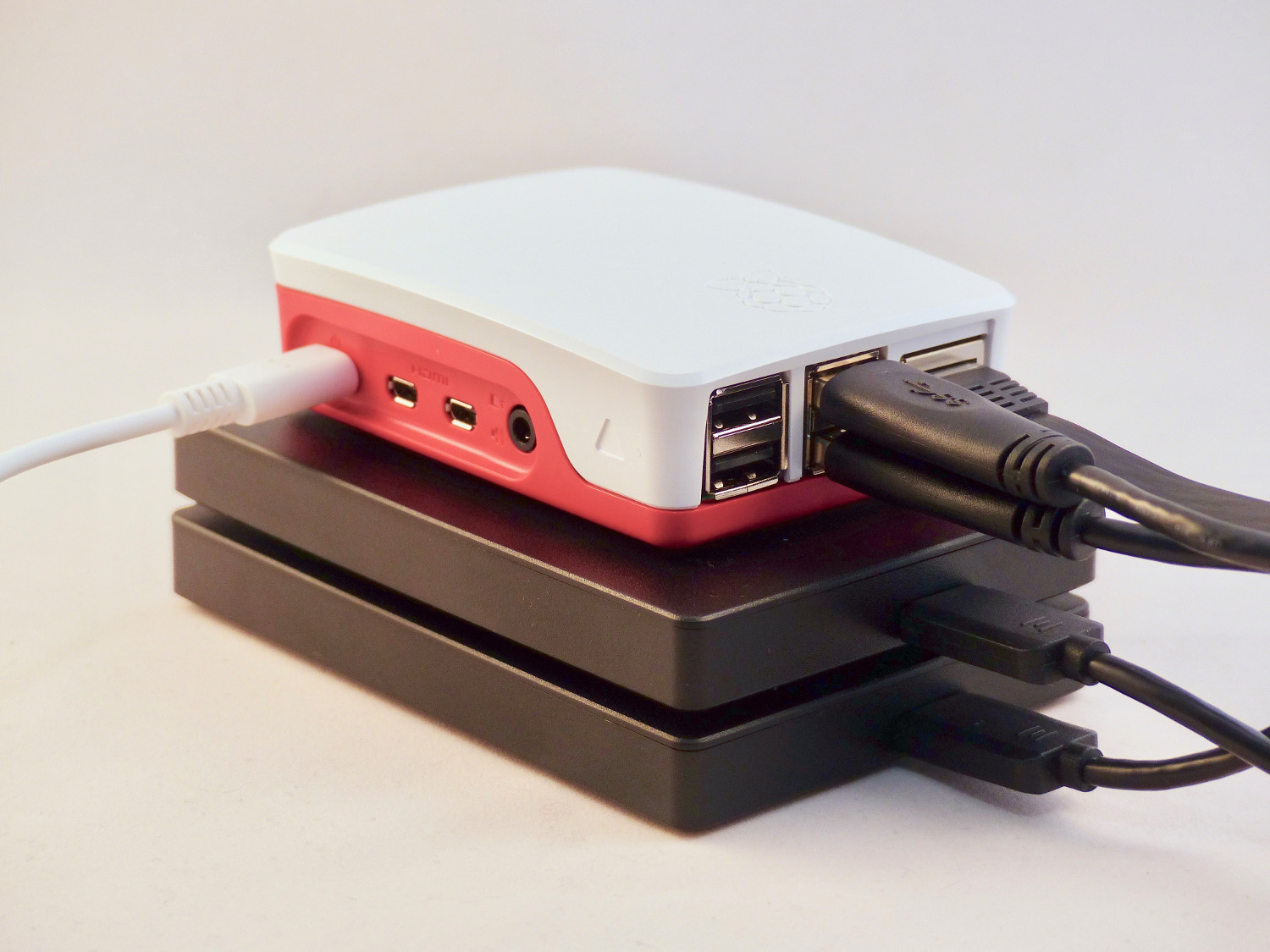

- #NAS VS EXTERNAL HARD DRIVE AS A DATA STORE FOR A SERVER PRO#
- #NAS VS EXTERNAL HARD DRIVE AS A DATA STORE FOR A SERVER PC#
- #NAS VS EXTERNAL HARD DRIVE AS A DATA STORE FOR A SERVER FREE#
- #NAS VS EXTERNAL HARD DRIVE AS A DATA STORE FOR A SERVER WINDOWS#
Network Attached Storage system includes a processor, memory and space for hard drive storage, that is connected to a local network so that it can be accessed remotely either through connected computers, wireless devices, or even on the go with a Dynamic DNS, say from No-IP.Ī NAS gives you the security of physically owning the drive on which your photo, music, documents, media and other data is stored, while also having the convenience of being able to access that data from anywhere. Part One: NAS vs Cloud: Which Remote Storage Is Right for You?
#NAS VS EXTERNAL HARD DRIVE AS A DATA STORE FOR A SERVER PC#
Similar Search: PC vs Cloud: What's the Difference? Facing with these two excellent choices, which one you should choose today? That's basically the reason our new heroes today are Cloud and NAS.
#NAS VS EXTERNAL HARD DRIVE AS A DATA STORE FOR A SERVER PRO#
But nowadays, we want to store them keeping connected so we can get access to them on our various kinds of multimedia players, such as iPhone Air 3, iPad Pro 9.7. At one time, we prefer to store them somewhere safely (like on a bunch of DVDs). It's the most space-consuming files you have. It is likely that your movies are the ones responsible for making this question acute. But NAS versus Cloud, which one to choose? This would provide an alternative to the Rclone approach and is much simpler to implement (no offense to u/johnerp ) just thought this might be another option.Editor's note: People store their data on Network Attached Storage or Cloud Storage to get the way of being able to access all their files on any of their computing devices. If anyone is willing to try this, I would be interested to hear if it works for you. I personally don't use it with any backup provider that has the "local attached drive" requirement, so I can't say it this approach will work.


The second "junction link" becomes the pointer to the network share and is completely transparent to any application.
#NAS VS EXTERNAL HARD DRIVE AS A DATA STORE FOR A SERVER WINDOWS#
Why couldn't you just use "mklink" command in Windows to point to your network share and create a junction link. I'd be interested in hearing if anyone is using this approach to backup their NAS or linux disks to an affordable online backup provider. The X: drive then appears as a local disk and not a network share. I used the mount arguments from the above post, and switched out "gdrive:" with "local:\\fileserver\linuxisos". I've tested this with one of the popular online backup providers and it works well.Ĭreate a local remote in Rclone (I called my local), then mount (with the UNC path). You know all those affordable cloud backup providers that only work with Windows, which you can't use with your NAS as they only support locally attached drives? Well with Rclone you can mount your NAS SMB share as a 'local disk'. Sorry to all if this is obvious.Ok, so I completely overlooked the significance of this until I experimented with Rclone on a windows VM to mount GDrive (thanks to this post ) Just make sure to tag the post with the flair and give a little background info/context. On Fridays we'll allow posts that don't normally fit in the usual data-hoarding theme, including posts that would usually be removed by rule 4: “No memes or 'look at this '” We are not your personal archival army.No unapproved sale threads or advertisement posts.
#NAS VS EXTERNAL HARD DRIVE AS A DATA STORE FOR A SERVER FREE#
No memes or 'look at this old storage medium/ connection speed/purchase' (except on Free Post Fridays).Search the Internet, this subreddit and our wiki before posting.And we're trying really hard not to forget.ģ.3v Pin Reset Directions :D / Alt Imgur link Along the way we have sought out like-minded individuals to exchange strategies, war stories, and cautionary tales of failures. Everyone has their reasons for curating the data they have decided to keep (either forever or For A Damn Long Timetm). government or corporate espionage), cultural and familial archivists, internet collapse preppers, and people who do it themselves so they're sure it's done right. Among us are represented the various reasons to keep data - legal requirements, competitive requirements, uncertainty of permanence of cloud services, distaste for transmitting your data externally (e.g.


 0 kommentar(er)
0 kommentar(er)
